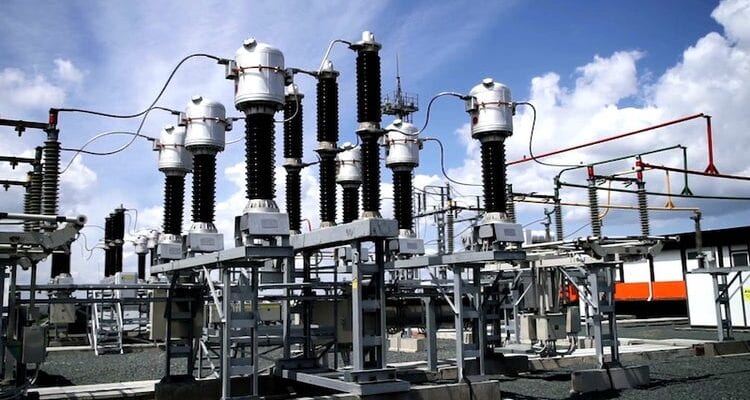In an official reaction to the takeover/restructuring of five Discos by the Federal Government through the Bureau of Public Enterprise (BPE), Electricity distribution companies on Sunday described the move as a backdoor rationalization of the power firms.
Speaking under the aegis of the Association of Nigerian Electricity Distributors, the electricity distribution companies claimed that investors in the 11 Discos were shortchanged by BPE when the facilities were privatized in November 2013 because the government failed to pay the N100 billion subsidy since the privatization of the sector. The body therefore expressed concern about the restructuring of the five companies as announced by BPE on July 5, 2022, in collaboration with the Nigerian Electricity Regulatory Commission.
Through BPE, the Federal Government had announced the planned takeover of Kano, Benin and Kaduna electricity distribution companies by Fidelity Bank Plc after the bank had initiated action to take over the boards of the three Discos. It also announced that with the takeover of Ibadan Disco by the Asset Management Corporation of Nigeria, the bureau had obtained approval from NERC to appoint an interim managing director for the distressed power firm.
The government had further stated in its restructuring notice that it was restructuring the management and board of Port Harcourt Disco to forestall the imminent insolvency of the utility. The notice was signed by the Director-General, BPE, Alex Okoh; and Executive Chairman, NERC, Sanusi Garba.
While some of the affected power firms had commenced legal actions against the move, the Executive Director, Research and Advocacy, ANED, Sunday Oduntan, said on Sunday that the association viewed the restructuring to be inconsistent with all the guidelines necessary to comply with the framework of privatisation agreements and the rule of law.
In a statement issued in Abuja, ANED stated that it is reasonable to conclude that the resultant outcome has been an expropriation or backdoor renationalisation of the Discos by the Federal Government.
It added, “Such renationalisation or expropriation must be viewed through a historical context as necessary for a proper understanding of the performance challenges that the Discos have been faced with since privatisation.
“Fundamentally, the basis of privatisation was flawed from the beginning due to conditions that were not met by the Federal Government, while expecting the Discos to meet their performance obligations.
“Not only were the investors short-changed because of insufficient and unreliable data that was provided by BPE to them during the privatisation process, but the government also committed to and failed to deliver on debt-free financial books; payment of ministries, department and agencies electricity debts; and N100bn subsidy.”
Other areas of failure by the government was outlined to include its inability to implement a cost reflective electricity tariff, stressing that this singular unfulfilled condition had led to accrued significant debt and liabilities on the Discos’ financial books, as Discos continued to sell electricity below the cost price.
ANED further alleged that the government had failed in the private management of the Transmission Company of Nigeria, currently, a government-owned and operated entity.
It said the privatisation of TCN was a major requirement for attracting the private investment critical in addressing the transmission bottleneck currently belittling the Nigerian Electricity Supply Industry value chain.
“While the Discos are not exonerated from responsibility for performance failures, it would be unrealistic to reach related conclusions without taking into consideration the factors that have been listed previously, as well as the Federal Government’s contributions to these challenges.” the association said.
It added, “Furthermore, there is an established process by which a change of a corporate entity’s board of directors and management occurs. As such, it is with much surprise that the Disco investors awoke to the July 5, 2022, renationalisation or expropriation of the five Discos.”
The association also argued that due process was not followed and that the Federal Government, as a 40 per cent minority shareholder, was represented by the director-general of BPE on the board of each of the Discos and was party to all decisions concerning the operations of the Discos.
It stated that what obtained in NESI currently was a misalignment of risk, technical and commercial factors, with the Disco investors bearing the brunt of the misalignment.
When contacted to react to the claims by the Discos as regards the N100bn electricity subsidy, the Federal Government stayed mute.
A senior official of the Federal Ministry of Power stated that the government could not speak on the issue and advised that the Nigerian Electricity Regulatory Commission should be contacted, since it was NERC alongside BPE that approved the takeover/restructuring of the five Discos.
The NERC, however, did not respond to enquiries when contacted by our correspondent on Sunday. But industry experts expressed diverse views about the move by the government to takeover/restructure the power firms.

